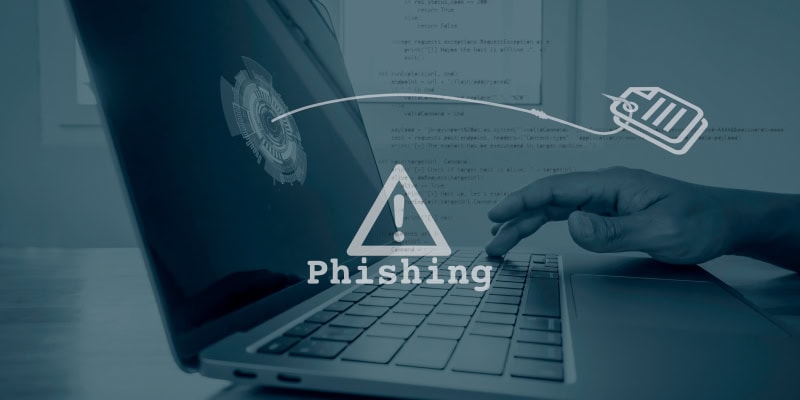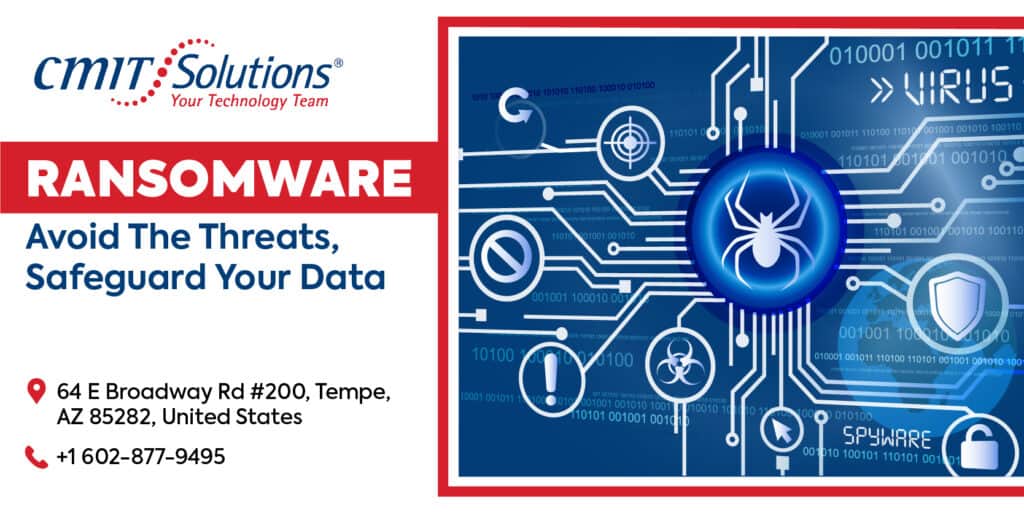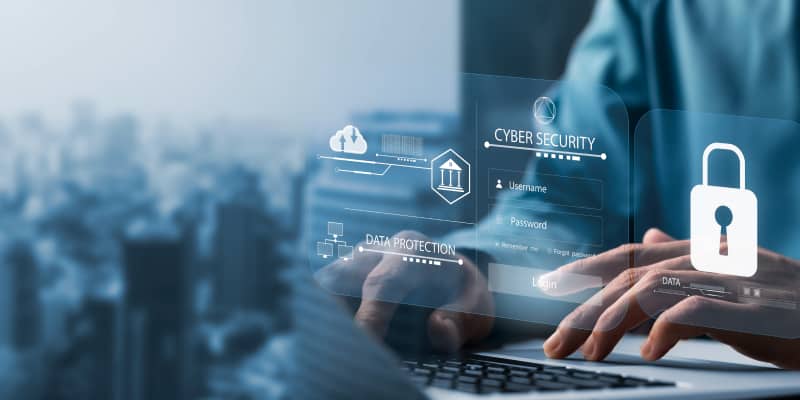Cyber threats grow exponentially. Finding the best way to keep employees from falling for phishing scams is critical, especially for IT professionals in developing regions. They must stay ahead of these threats while fostering a culture of heightened awareness and resilience. This article provides practical advice for employees to understand the importance of cybersecurity services and personal responsibility in combating phishing. Learn strategies to reinforce cyber defenses and maintain vigilance against the ever-evolving scams.
Why Your Business Can’t Ignore Phishing Threats
In today’s digital landscape, strengthening cybersecurity measures is crucial. To do this, one needs to be aware of the complexities of phishing—a form of cyber deception and social engineering attack that has become more intricate and poses a continuous risk to businesses. Recognizing it’s escalating danger is crucial to defending oneself and one’s organization. Phishing is not just an IT issue; it requires awareness from all employees. Professional IT support can significantly enhance company defenses against these threats.
To effectively combat phishing, it is essential to understand the tactics used by cybercriminals and adopt proactive measures.
Know Your Enemy: Common Phishing Tactics Targeting Your Team
Identifying different phishing tactics is your first step toward protecting your business. Here’s what to watch for.
Basic Email Phishing
Email is a primary digital tool for global professional communication, making detecting and preventing phishing attacks essential.
Features of phishing emails: Phishing emails often use urgent, alarming language to prompt immediate responses. They may claim your account is at risk or require quick action to avoid adverse outcomes. Recognizing these tactics is critical to avoiding traps set by cybercriminals.
Tips to avoid phishing attacks:
- Examine email sources: Always scrutinize the sender’s email address and domain for discrepancies.
- Hover before you click: Before clicking on any links or downloading attachments, hover over them to preview the URL and ensure it leads to a legitimate site.
- Be cautious with attachments: Treat attachments with suspicion, as they might contain malware.
- Use security tools: Employ email security and anti-phishing tools to significantly lower phishing attack risks.
- Participate in cybersecurity training: Attend training sessions and utilize resources that equip you with the knowledge to recognize and respond to phishing attempts effectively.
Advanced Threats: Whaling and Clone Phishing
Whaling and clone phishing attacks are advanced techniques targeting high-level executives or replicating legitimate emails for malicious purposes.
Whaling Attacks
Whaling attacks target senior staff by sending emails, often requesting urgent financial actions or asking for confidential information. These emails may bypass spam filters due to their sophisticated nature and initial lack of malicious links or attachments.
Tips to avoid whaling attacks:
- Security awareness training: Provide ongoing training focused on phishing and whaling threats.
- Conduct whaling simulations: Regularly simulate whaling attacks to educate upper management.
- Lock down email security: Implement anti-phishing software to flag suspicious emails.
- Verify urgent emails: Encourage employees to confirm urgent requests through direct communication.
- Promote safe social media practices: Educate executives on protecting personal information online.
- Enforce data protection protocols: Ensure adherence to data privacy and protection standards.
- Keep software updated: Regularly update software and conduct security assessments.
- Secure digital assets: Use real-time detection systems to identify fake content.
- Review the sender’s address: Check for subtle differences in the email address.
- Preview links before opening them: Hover over links to check their destination.
- Double-check URL addresses: Verify the website URL against the official domain.
- Check for HTTPS: Ensure the URL starts with “https://” for a secure connection.
- Investigate spoofed replies: Look for signs that the email is not part of a legitimate conversation.
- Remain calm: Do not rush into actions based on urgency in the email.
- Contact a trusted source for help: Verify suspicious emails with the official customer support line.
- Use spam filters and scan attachments: Utilize spam filters and antivirus software to check for threats.
- Before responding to emails requesting sensitive information or prompting immediate action, closely examine the sender’s address to spot cybercriminals’ attempts to mimic legitimate addresses with subtle discrepancies.
- If in doubt, contact the company or individual directly through official channels to verify the email’s authenticity.
- Be cautious with hyperlinks, a common vector for phishing attacks that direct victims to malicious sites. Hover over links to preview the URL, and watch out for links using shortening services or misspelled domain names.
- Manually type the known URLs into your browser’s address bar to avoid the risk associated with clicking on links in emails.
- Create strong, unique passwords using a combination of letters, numbers, and symbols, avoiding common words or phrases that can be easily guessed.
- Implement MFA, which requires two or more verification factors to access your account, such as a password or PIN, smartphone or security token, or fingerprint or facial recognition.
- Use different passwords for different accounts.
- Automate updates to ensure you are always running the latest versions without manual checks.
- Periodically check for updates, especially for critical software and security tools, to avoid missed or delayed updates.
- Conduct regular training sessions to reinforce the importance of updates in cybersecurity and encourage updated policy adherence.
- Use reputable security software alongside regular system updates, employing comprehensive security software for added protection against phishing and other cyber threats.
- Protection against phishing threats: Managed IT services help protect businesses against the latest threats.
- Effective security management: The expertise and proactive management provided by managed IT services ensure that the security tools are not just present but are effectively safeguarding the business.
- Vigilance and responsiveness: Managed IT services bring a level of vigilance and responsiveness that is critical in today’s fast-paced cyber threat landscape.
Clone Phishing
Clone phishing involves creating a nearly identical replica of a previous email but with malicious links or attachments. This technique exploits the recipient’s trust, as the email seems to come from a known sender and mirrors a legitimate message.
Tips to avoid clone phishing:
Your First Line of Defense: Smart Verification Habits
Building Your Security Foundation
Establishing a solid security foundation involves implementing robust password practices, Multi-Factor Authentication (MFA), and maintaining regular system updates to protect against cyber threats.
Strengthening Security With Passwords and MFA
Keeping Security Strong With Regular System Updates
Advanced Protection: Tools That Make a Difference
Leveraging security tools and software is paramount in the fight against phishing. Managed IT services offer essential support for enhanced cybersecurity by providing a viable solution for businesses seeking to strengthen their cybersecurity posture by delivering expertise in deploying, managing, and regularly updating these security tools:
Partner With Experts: Your Security Advantage
Staying vigilant and informed is your first line of defense against phishing threats. Implementing the strategies discussed is vital in protecting your personal information and your organization’s digital assets. In a world where phishing scams grow more sophisticated daily, embracing a culture of continuous education and precautionary measures can make all the difference. If you need further assistance or seek to bolster your cybersecurity infrastructure, CMIT Solutions of Tempe and Chandler is your trusted IT solutions provider, offering managed IT services and tailored cybersecurity solutions for your business needs. Get in touch with us today!
Our IT Services
| Managed IT Services | Cybersecurity | Productivity Applications |
| IT Support | Cloud Services | Network Management |
| Compliance | Data Backup | Unified Communications |
| IT Guidance | IT Procurement |




